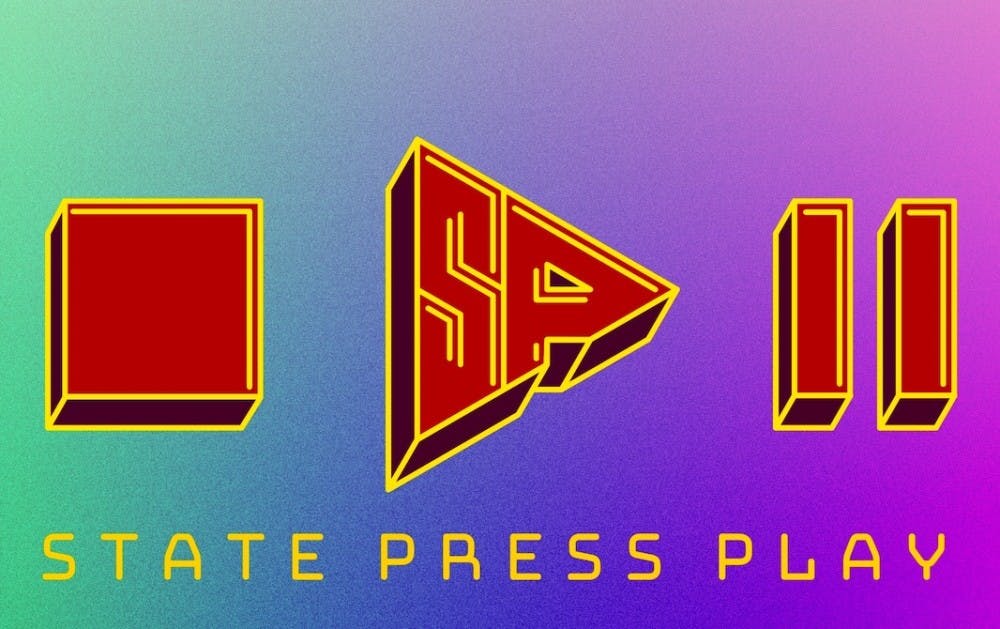One might think that a functioning society would rely on a populace being fully informed of their rights, especially in court. And as most college students have reached the age where they're eligible for jury duty, it's imperative that we understand what we are and aren't allowed to do in court. While the common misconception is that jury members are bound by the options of guilty or not, there is actually an additional option that few people know of and courts will not tell you about. The concept of judging the laws being applied in a certain case or even how the defendant will be punished, rather than their guilt is what is known as jury nullification.
Michael Saks, Regents Professor at the Sandra Day O'Connor College of Law and Department of Psychology breaks down what exactly jury nullification is, arguments on both sides of its application, and the essential things students need to know about it.
Disclaimer: I am not urging anyone to go out and nullify on any specific cases that are currently or will later be heard in front of juries. I am simply stating that nullification is an option in our current system and that it is important to be knowledgeable of.
Previous episodes:
State Press Play: Should students be concerned about secondhand vaping?
State Press Play: Should students invest in Bitcoin?
Reach the podcaster at amvarel3@asu.edu
Like State Press on Facebook and follow @statepress on Twitter.




